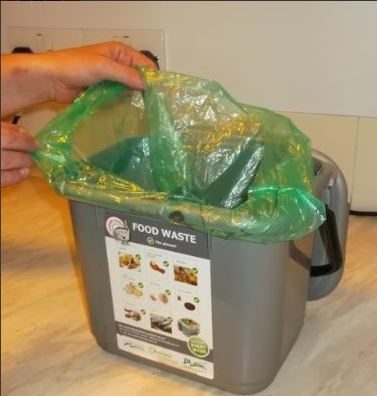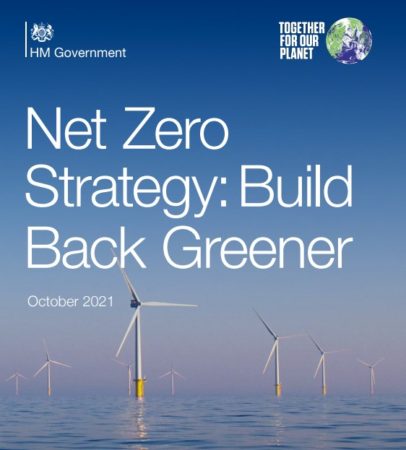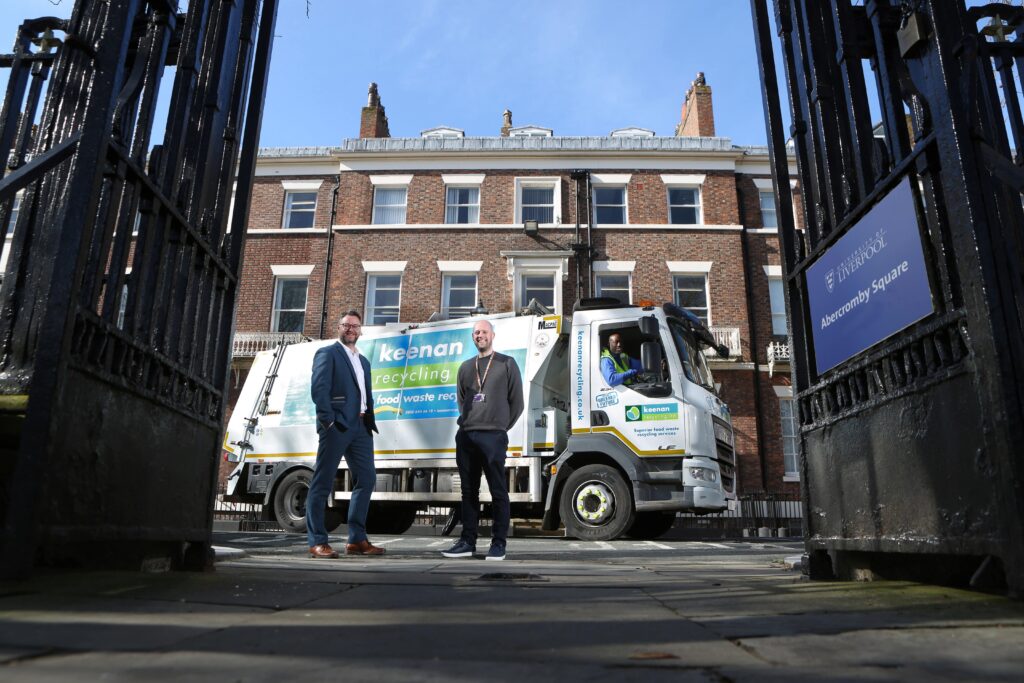However, the exact timing rollout of this funding is unclear, as the consultations currently propose mandatory food waste collections to commence from 2023.
In its Net Zero Plan earlier, the government set out how the UK “will secure 440,000 well-paid jobs and unlock £90 billion in investment in 2030”, on its path to ending its contribution to climate change by 2050.

A number of waste policies were announced in the plan, with the standout measure being the extra funding for food waste.
The Net Zero Plan said: “To support our commitment to explore options for the near elimination of biodegradable municipal waste to landfill from 2028, we are bringing forward £295 million of capital funding which will allow local authorities in England to prepare to implement free separate food waste collections for all households from 2025”.
Outlining existing policies later in the plan, it added: “We are committed to removing inconvenience and increasing availability of green choices. Following the commitments made in our Resources and Waste Strategy, the Environment Bill will introduce powers that will allow us to require separate food waste collections in all local authorities in England, which will help people to reduce emissions from food waste with ease.
The resources and waste sector featured throughout the plan, as outlined below.
Landfill
The plan added that as part of reforms to the resources and waste system, the government “also will move towards a circular economy, improve resource efficiency, and achieve near elimination of biodegradable waste to landfill”.
Looking at energy from waste, the plan said “expected residual emissions” will be limited to carbon capture and storage plants, unbated gas and energy from waste facilities.
Aviation
On aviation, the plan said the government is “working to kick-start the commercialisation of sustainable aviation fuel (SAF) made from sustainable materials such as everyday household waste, flue gases from industry, carbon captured from the atmosphere and excess electricity”.
This would produce “over 70% fewer carbon emissions than traditional jet fuel on a lifecycle basis”.
‘Cut waste’
Environment secretary George Eustice said: “Today’s plans set the UK on a clear path to net zero by 2050 and demonstrate how we will harness the power of nature to get there.
“As well as restoring and protecting peatlands and increasing tree planting, we are determined to grow towards a net zero economy. Whether it’s funding to help farmers decarbonise or support to deliver a circular economy to cut down on waste, we will support sectors to adapt.
To support our commitment to explore options for the near elimination of biodegradable municipal waste to landfill from 2028, we are bringing forward £295 million of capital funding which will allow local authorities in England to prepare to implement free separate food waste collections for all households from 2025.
Useful links
Net Zero Strategy: Build Back Greener












Subscribe for free